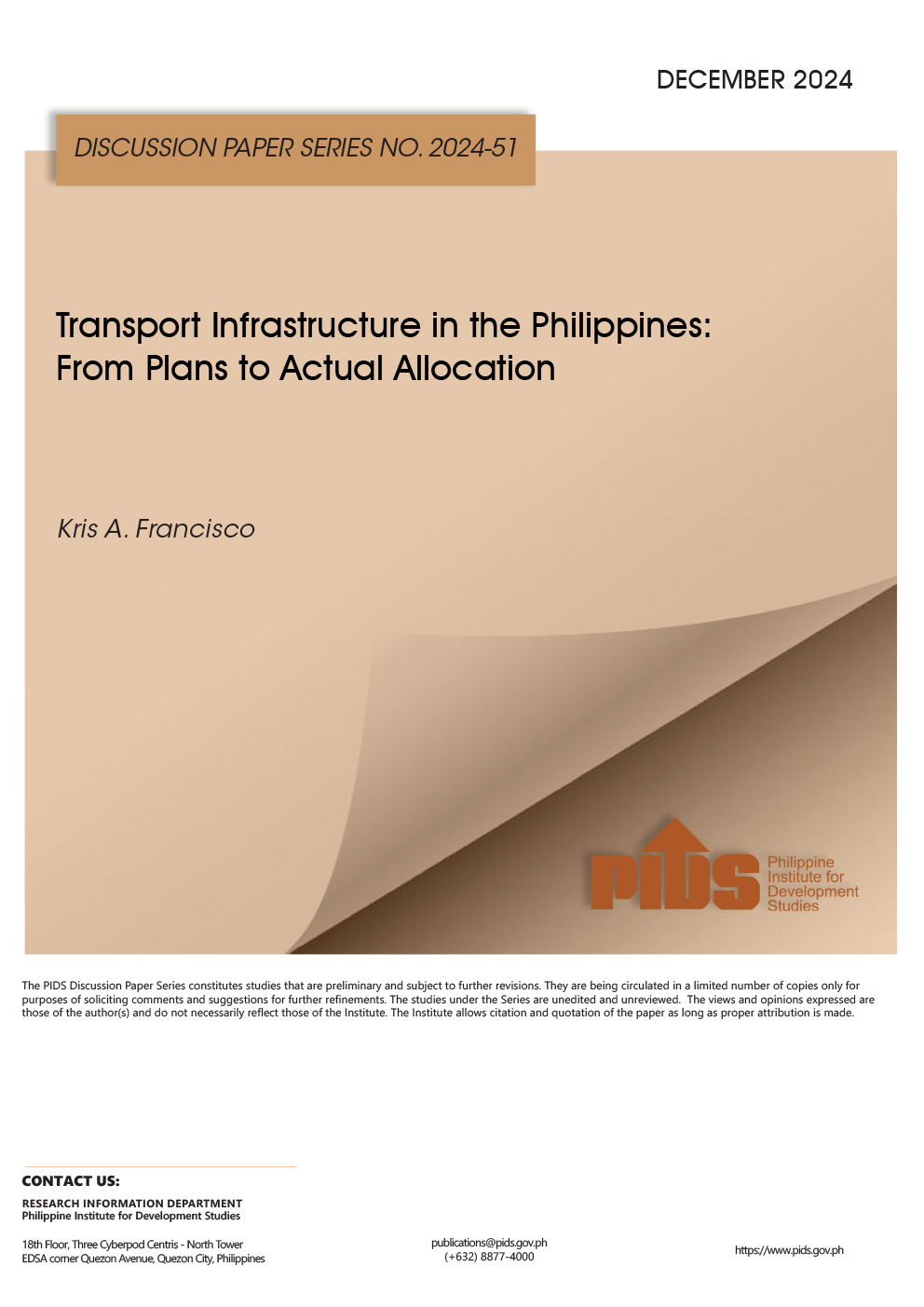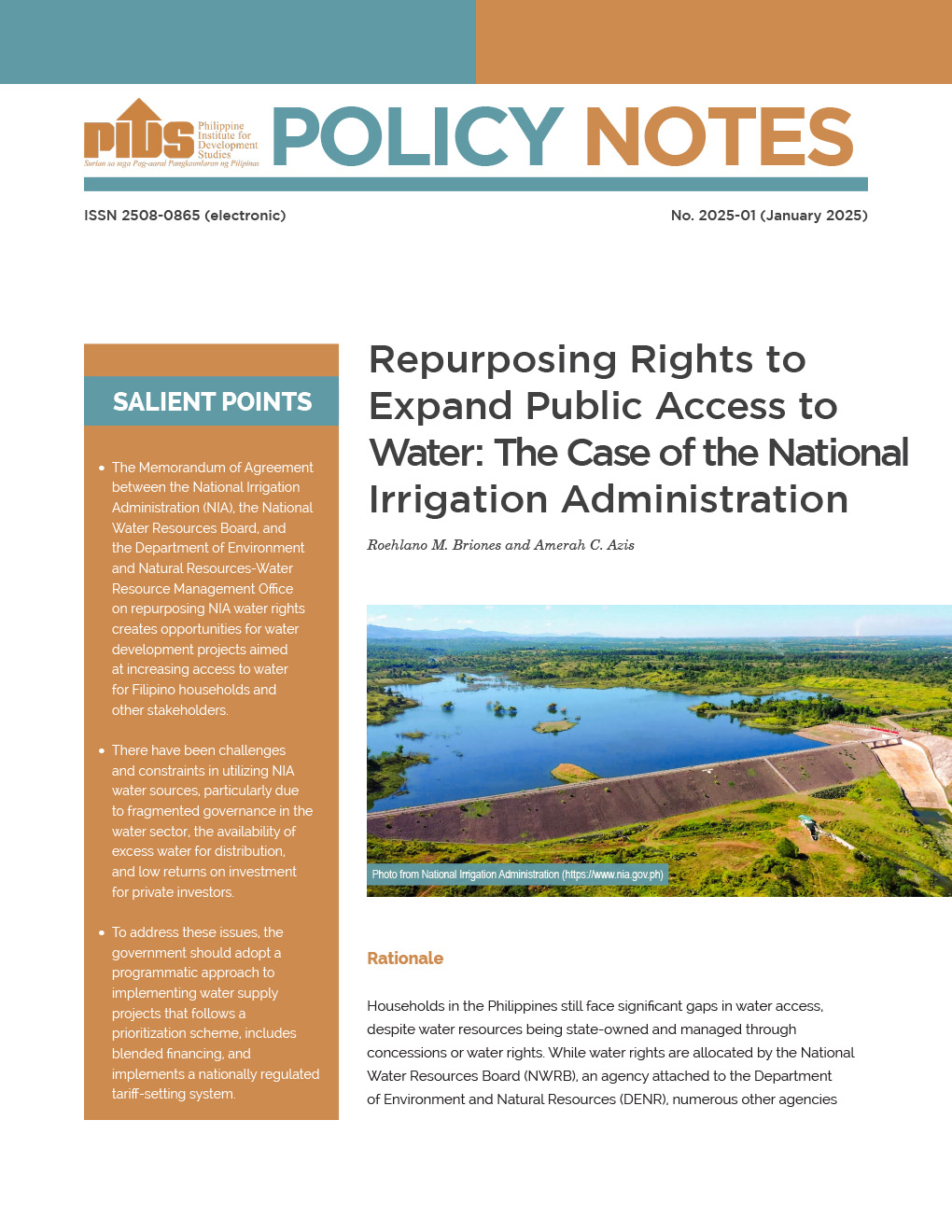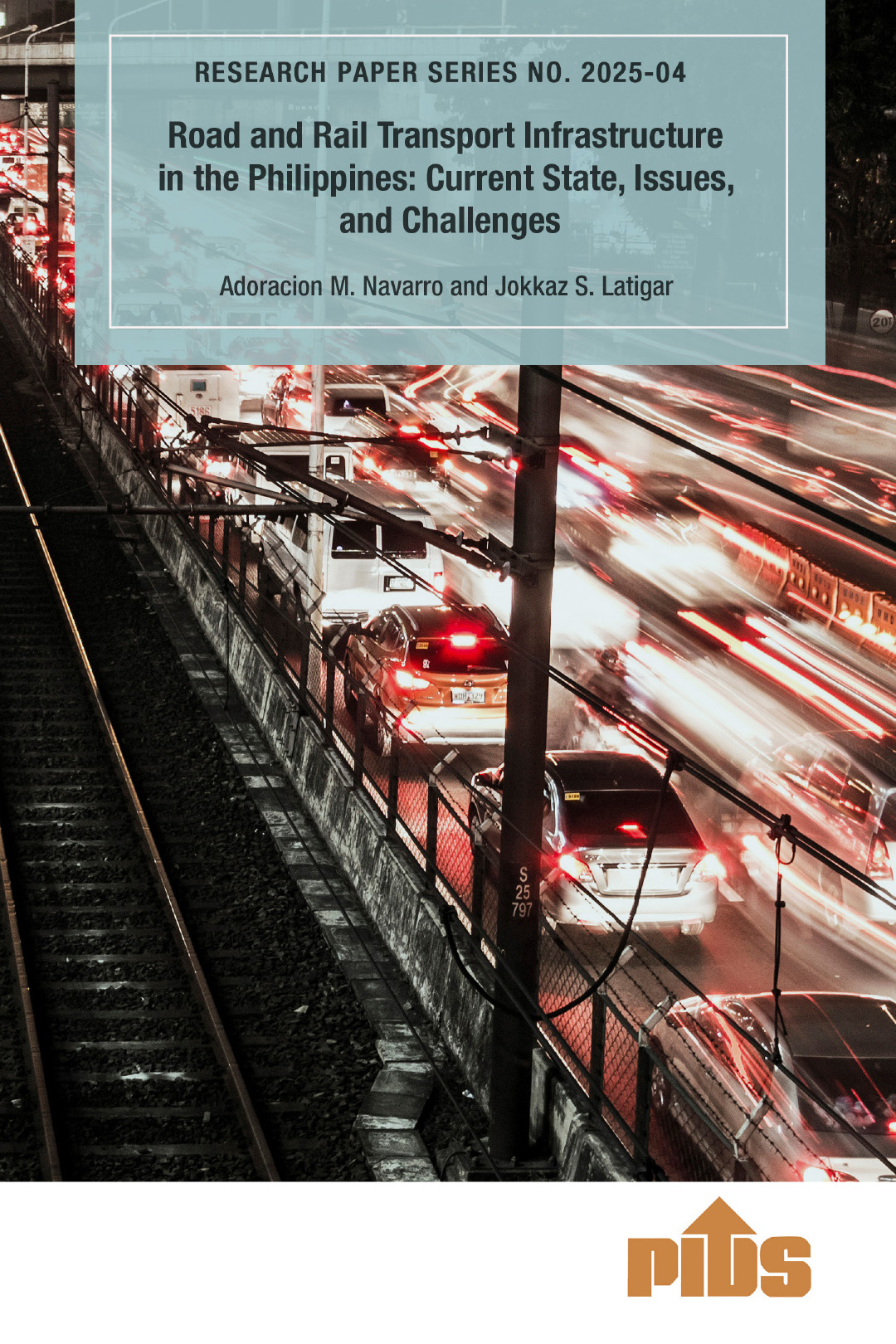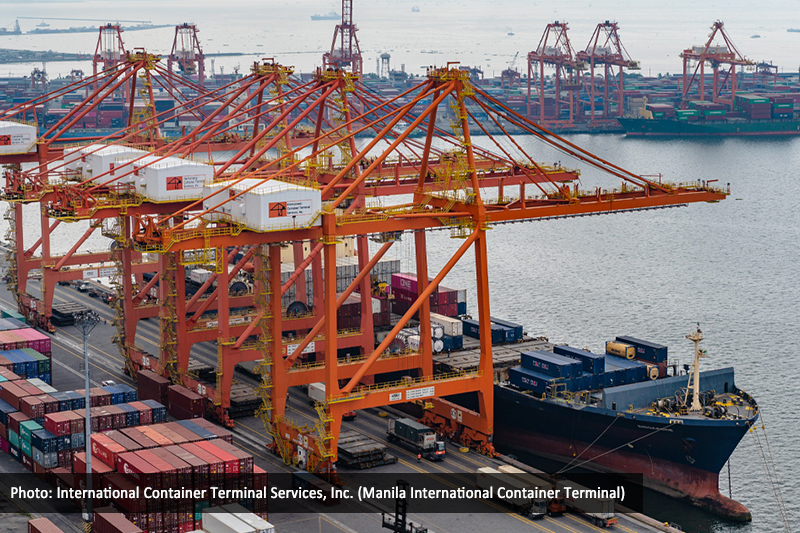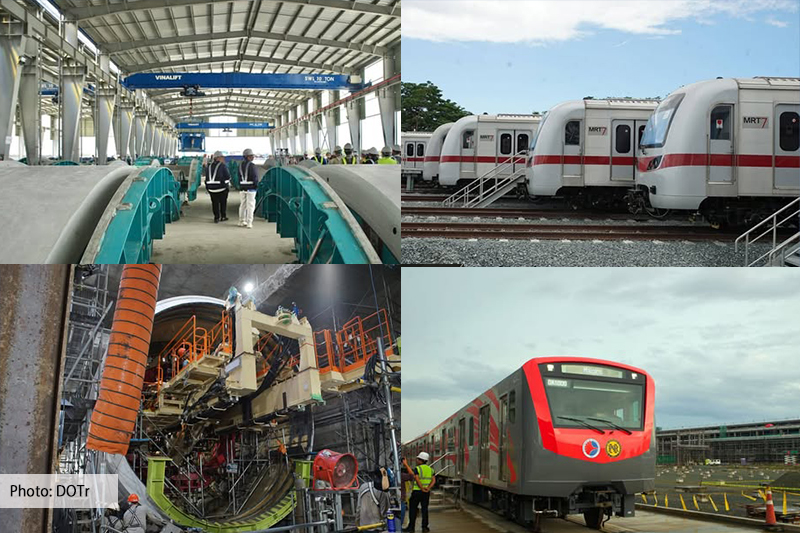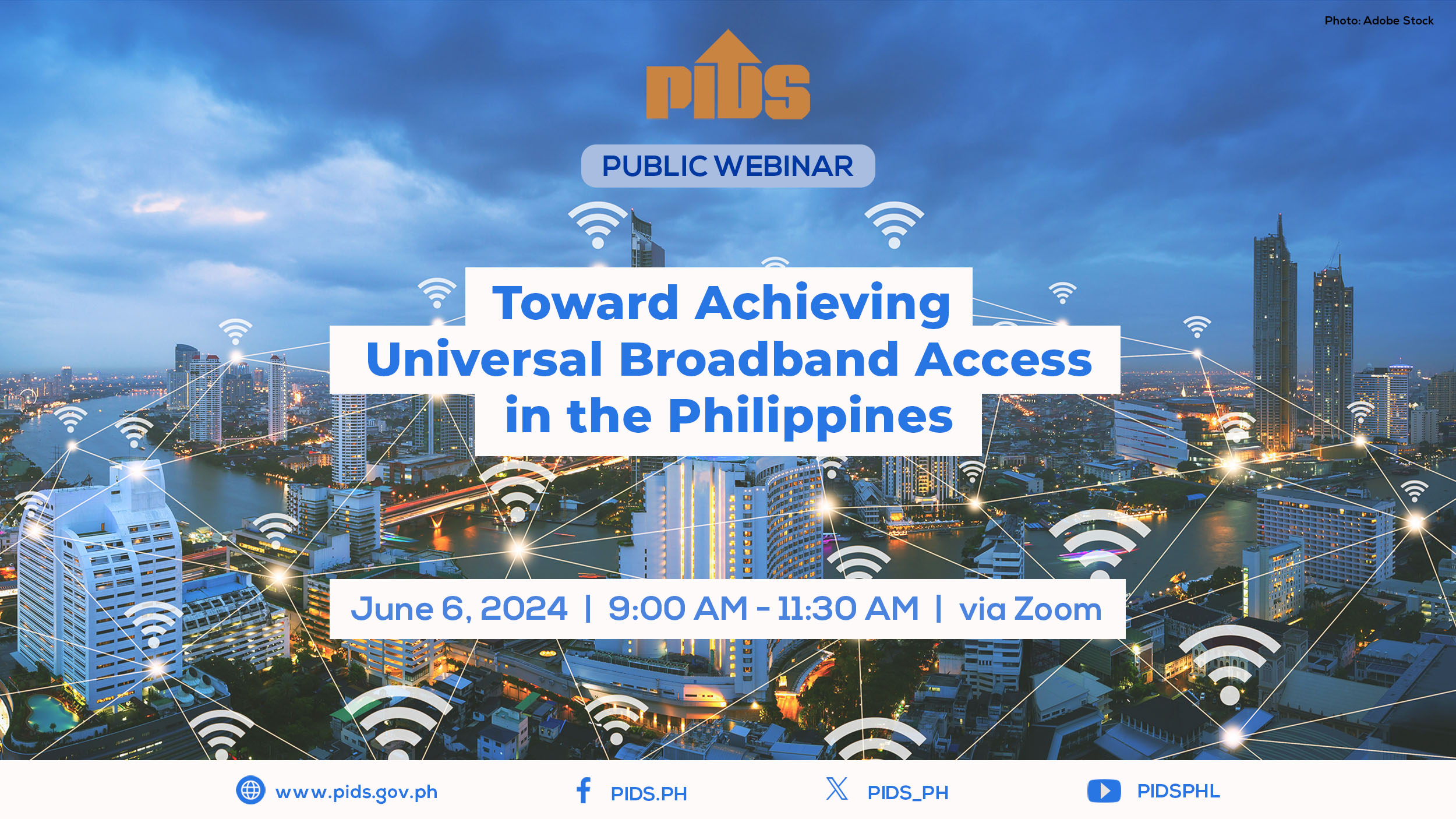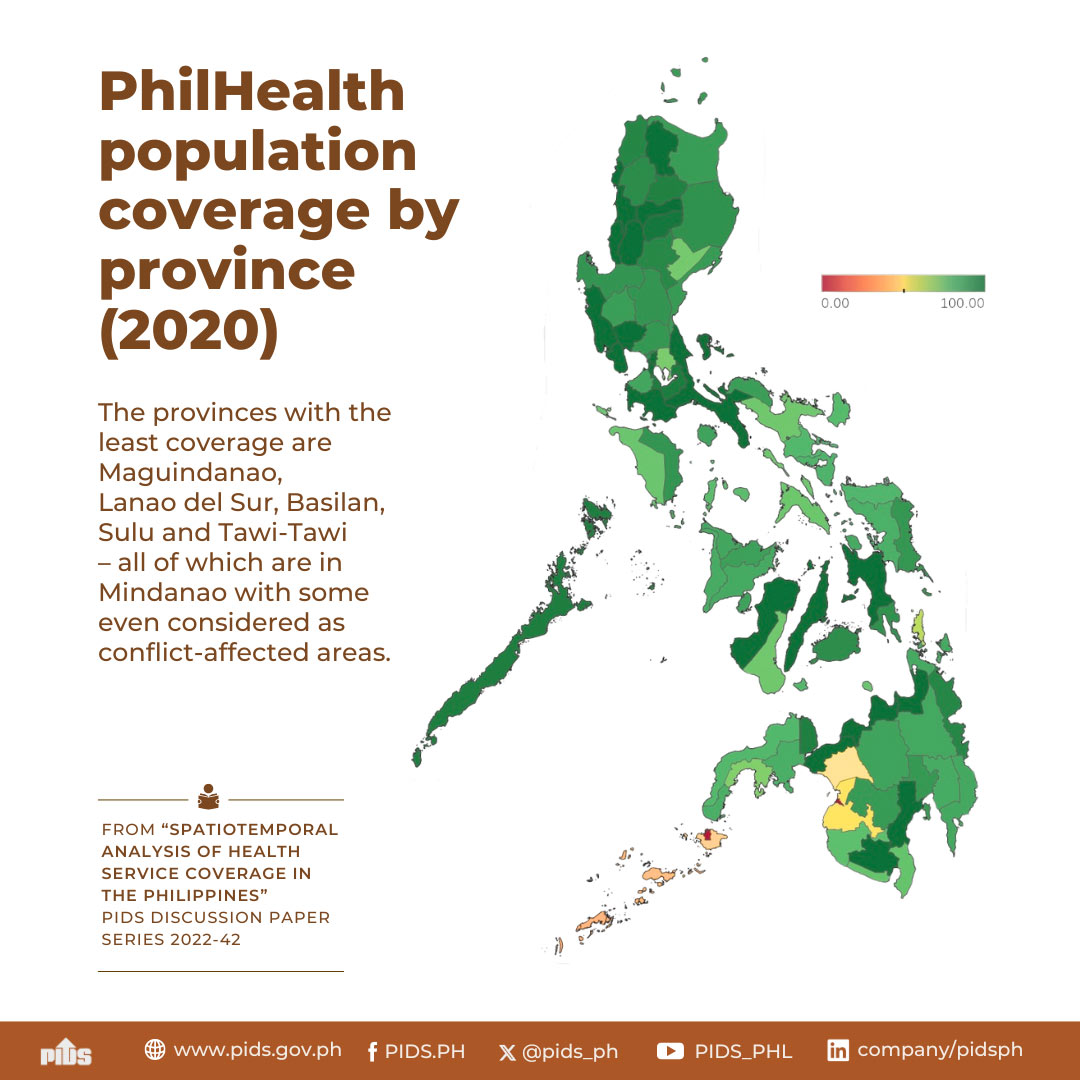A review of the Philippine broadband industry underscored the critical role of infrastructure sharing as a cost-effective strategy in bridging the broadband gap in the country.
The approach allows new market entrants to utilize existing network infrastructure, reducing setup costs and entry barriers, according to the study presented by Philippine Institute for Development Studies research fellows Ramonette Serafica and Kris Francisco, along with research specialist Queen Cel Oren.
“Universal access to information and communications technology, including the internet, is crucial for fostering inclusive development,” said Serafica.
The author said universal access ensures telecommunications services are available to all citizens, focusing on availability, accessibility and affordability. While there have been improvements in the Philippines, significant gaps remain with the 2019 National ICT Household Survey revealing that only 17.7 percent of households and 46 percent to 47 percent of individuals have internet access.
Oren stressed the necessity for collaborative efforts between government, the private sector and Internet Service Providers (ISPs) to facilitate infrastructure sharing, reduce costs and map nationwide broadband coverage.

